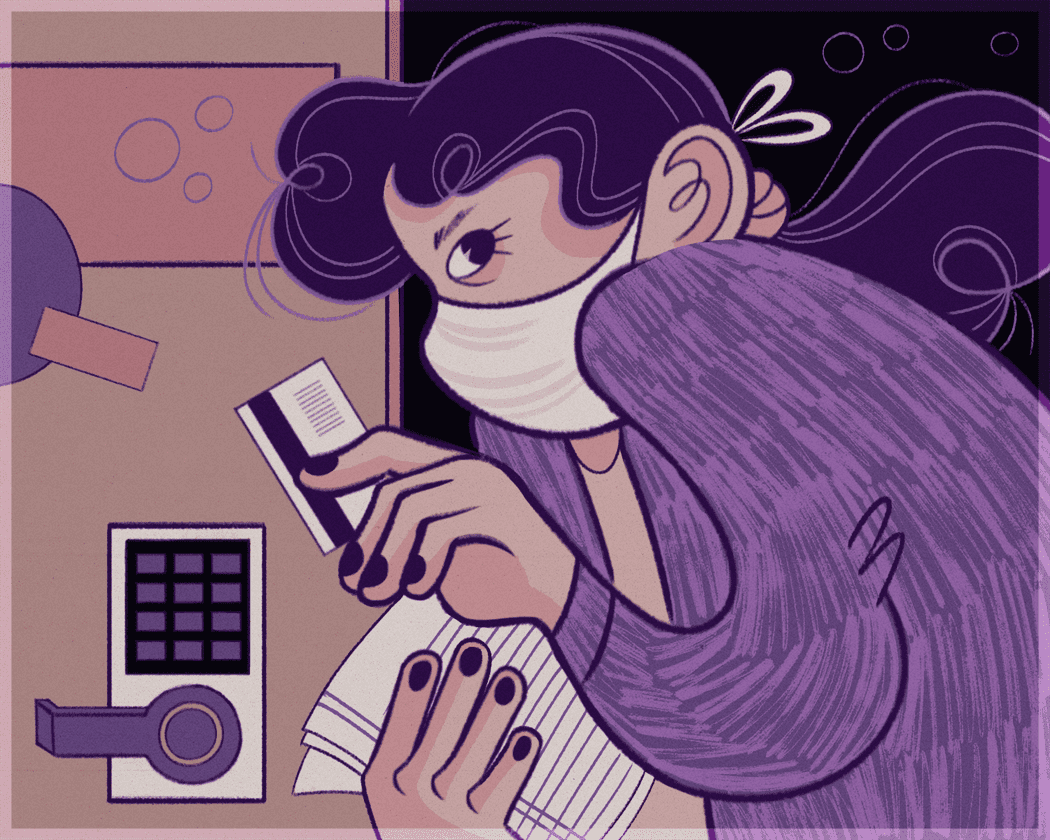On Nov. 23, 2020, an email sent out to Montclair State University students raised concern among the student body, causing more frustration. While a large portion of the controversy stemmed from the removal of spring break, there was one detail that struck a chord with both residential and commuter students alike.
In bold letters, Montclair State stated in the announcement that it “recommends that even students who usually commute should carefully consider the advantages to living on campus for the spring semester.”
While this comes as no surprise to the majority commuter population to see a push to increase residential space, it comes at a time where residential students face far more restrictions in travel and safety.
When it comes to safety and precautions surrounding the coronavirus (COVID-19) pandemic, Montclair State has taken measures to ensure safety. Steps such as the highly advertised Hawk Check, sanitizing stations and floor mats with hawk prints noting where you can and cannot stand have been used to enforce social distancing and wearing masks.
However, as the University aims to increase outdoor activities and on-campus courses, there is one issue that divides a commuter student from a residential student – the amount of safety and restriction leveled onto them.
When Celine Da Silva, a sophomore television and digital media major, was asked to describe why she chose to be a commuter, it seemed to be common sense.
“I chose to commute because I don’t live too far from campus so I feel it’s the best decision financially,” Da Silva said.

As a commuter, sophomore television and digital media major Celine Da Silva is given the option to travel to and from campus whenever she wants.
Photo courtesy of Celine Da Silva
Da Silva’s only in-person class last semester allowed for more social distancing. She still does the basics every student is expected to do when coming to campus, which are sanitizing ones hands, putting on a mask and filling out Hawk Checks.
According to an article on Money.com detailing the college experience at Montclair State, approximately 30% of students are residents. That means 70% of students choose to drive or use public transportation, which even with constant testing could still run the risk of exposure to COVID-19 if not handled properly.
While thankfully there has been no real evidence of a mass exposure on campus, there is still a serious concern among students and staff.
The remaining 30% of students living in dormitories are also facing restrictions. A policy implemented in November 2020 made it very clear to residents that leaving campus without permission was not an option. Waivers would have to be filled out, detailing locations and times students were not on campus.
Frequent tests for students living on campus without any means of transport could also run up a small fortune in order to find a place to get tested. This does not stop at leaving campus. Re-entry in essence means mandatory mask lowering to confirm identities, temperature checks at the door and Hawk Checks in order to leave dorm rooms.
For Samantha Wurts, a sophomore psychology major at Montclair State, this is a frustrating reality.
“I don’t think the waiver system works because there is no real way to check where every student is going when they leave their dorm without it becoming authoritarian,” Wurts said. “Even then there is no real way to check and see where these students have been.”

Sophomore psychology major Samantha Wurts is one of many residential students under restrictions.
Photo courtesy of Samantha Wurts
Wurts has been living on campus for nearly four semesters, as she lives too far to commute to campus in order to attend classes.
“I do feel like commuters get a bit more leeway,” Wurts said. “I have to get a test before I come back on campus but they’re allowed to come on campus every day without a test and only a Hawk Check? I understand the reason why I have to take it before staying in a residence hall and it’s too much to ask the commuters to get a test every time they come on campus, I don’t know what the solution is.”
While the spring semester is in full swing as of Feb. 8, there are questions of whether or not these measures will increase for commuters. For residential students, it is a given to see more restrictions next semester.



